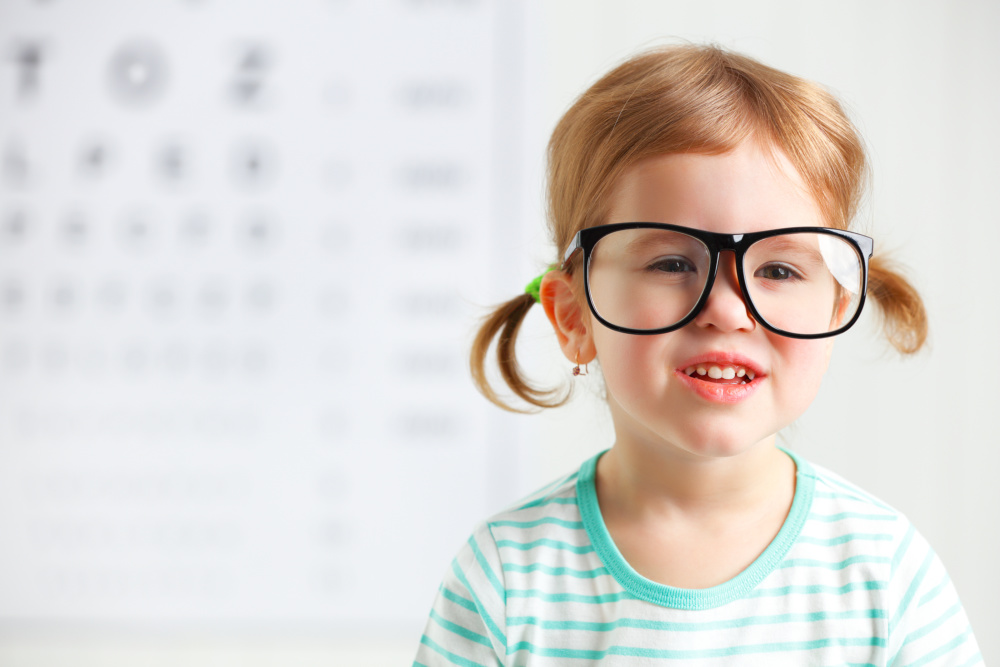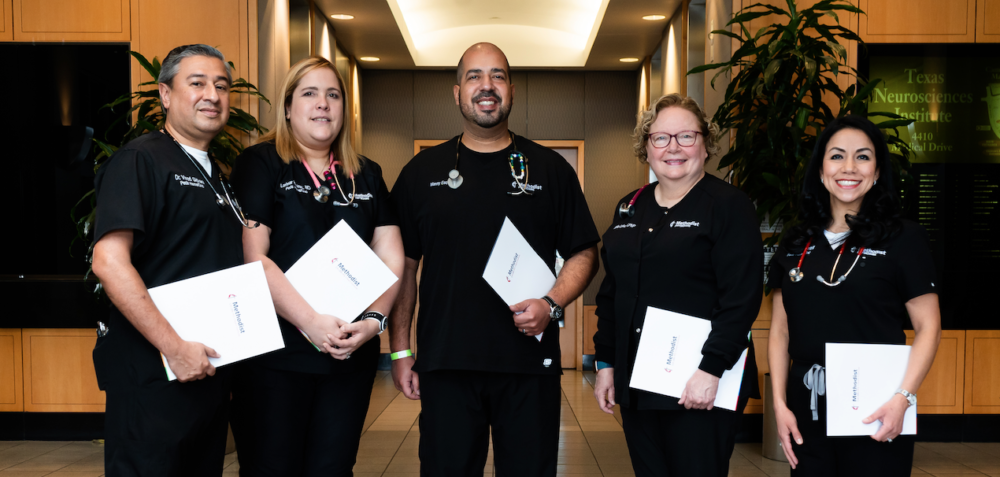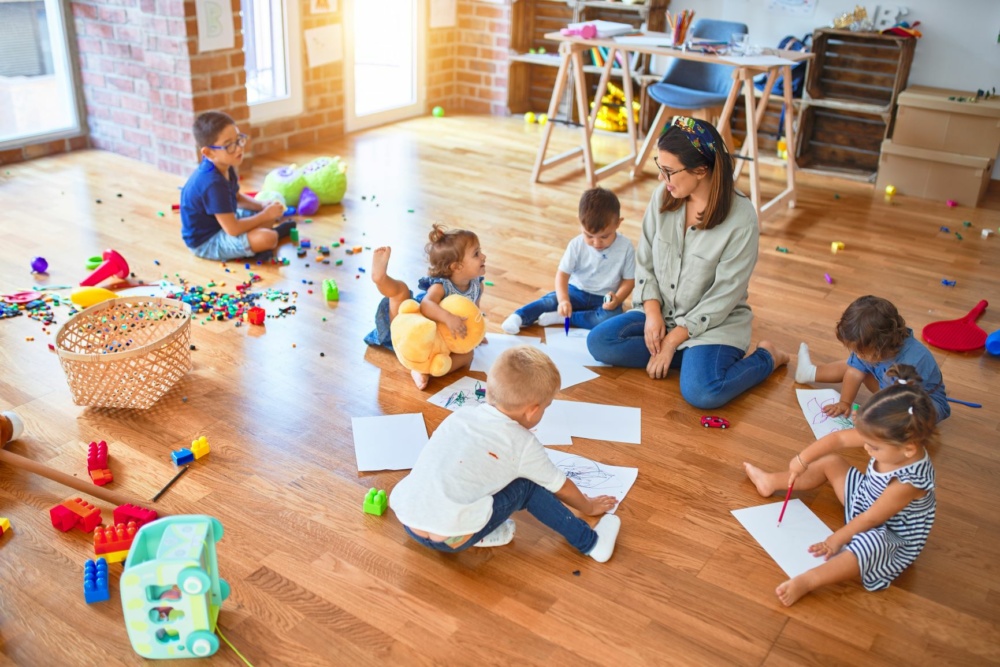Can an Annual Eye Exam Change Your Child’s Life? Yes, It Can.
By: Mary Maloney
If you believe school vision screenings adequately evaluate your child’s vision, please read on. “While school vision screenings are important, they do not take the place of a full eye exam, because they only detect distance vision issues,” says Key-Whitman Eye Center’s Dallas optometrist, Amanda Hoelscher.
During a comprehensive eye exam, optometrists like Dr. Hoelscher evaluate more than distance vision. As she explains, “A school vision screening doesn’t touch on all of a student’s visual demands. Limiting vision tests to reading letters on an eye chart will not detect vision problems related to near vision, muscle imbalance and other eye diseases and conditions.”
Experts agree: A large number of children fail reading tests and have trouble learning due to vision problems.
According to the National Center for Children’s Vision and Eye Health at Prevent Blindness, “Vision problems affect more than one in 20 preschoolers and one-quarter of school-aged children.” The organization also warns that eye-related conditions can lead to developmental delays, learning issues and vision loss.
Even more compelling, a study by the Mississippi Optometric Association revealed that 88 percent of third graders who failed a state-administered reading test needed some form of visual intervention.
“If every child entering first grade had a complete eye exam, and we had an opportunity to intervene early, just think of where that 88 percent would be. I believe we’d be looking at dramatically different statistics,” says Dr. Hoelscher.
She also advises parents to schedule eye exams for their children as soon as a child has a grasp of the alphabet and annually thereafter.
“Some children end up doubling their efforts to learn how to read if they’re struggling to see clearly and keep words in focus. By diagnosing vision problems early, we can treat children so they have the best opportunity to learn and excel academically,” Dr. Hoelscher says.
Three signs that your school-aged child may have vision problems:
While it may be difficult for parents to monitor their kids during the school day, they can look for clues of vision problems by reading books together at home. According to Dr. Hoelscher, common signs a child may have vision issues include:
- Skipping lines when they are learning to read.
- Occasionally losing their place in a book while trying to read.
- Complaining of blurry or double vision during a reading session.
Parents of very young children should also watch out for signs of vision problems, such as eye irritation, constant eye turning, light sensitivity, excessive tearing and the appearance of a white pupil.
Dr. Hoelscher encourages parents to act immediately if they have any concerns about their children’s eye health. “Pediatric ophthalmologists can assess vision even earlier than school age, without any input from children,” says Dr. Hoelscher.
Vision can change frequently during the school years, so annual eye exams are a must.
A child at age 6 can present with very different vision than at age 8, and many students in high school are still dealing with vision that hasn’t stabilized. The only way to ensure your child kicks off each school year with optimum vision is to schedule an annual eye exam.
According to Dr. Hoelscher, “A child’s ability to learn shouldn’t be hampered by dramatic vision changes that could be detected during a comprehensive eye exam. By seeing your child annually, we have a much better ability to make recommendations for glasses, contact lenses or vision therapy – whatever that child requires to see better and succeed in school.”
Dr. Hoelscher loves treating family members of all ages at her North Dallas office – especially kids. To schedule a children’s annual eye exam with Dr. Hoelscher in North Dallas or with an eye doctor at the Dallas or Mesquite full-service family eye care locations, contact Key-Whitman’s office at (972) 905-9128 or set up an appointment online.







Recent Comments